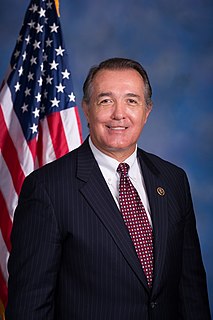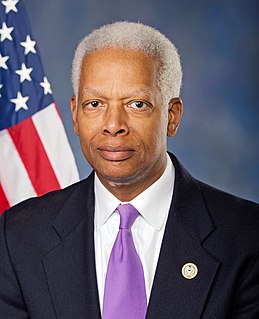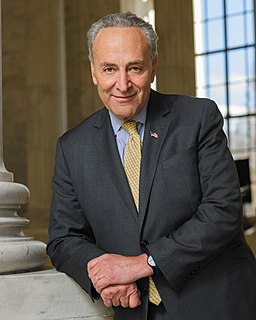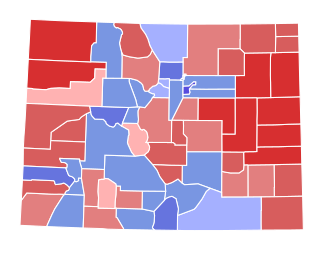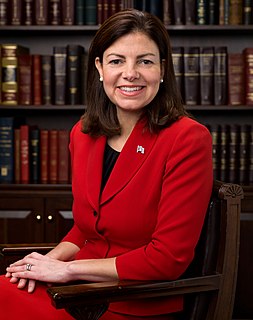A Quote by Trent Franks
If lenders are forced to scale back student lending because private student loans are subject to bankruptcy discharge, many students will be denied access to higher education.
Related Quotes
Student debt is crushing the lives of millions of Americans. How does it happen that we can get a home mortgage or purchase a car with interest rates half of that being paid for student loans? We must make higher education affordable for all. We must substantially lower interest rates on student loans. This must be a national priority.
The higher amount you put into higher education, at the federal level particularly, the more the price of higher education rises. It's the dog that never catches its tail. You increase student loans, you increase grants, you increase Pell grants, Stafford loans, and what happens? They raise the price.
The fact that you have government-guaranteed student loans has created a whole new sector in the American economy that didn't really exist before - private for-profit universities that sell junk degrees that don't help the students. They promise the students, "We'll help you get a better job. We'll arrange a loan so that you don't have to pay a penny for this education." Their pet bank gets them the government-guaranteed loan, and the student may get the junk degree, but doesn't get a job, so they don't pay the loan.
When the students were asked to identify their race on a pretest questionnaire, that simple act was sufficient to prime them with all the negative stereotypes associated with African Americans and academic achievement. If a white student from a prestigious private high school gets a higher SAT score than a black student from an inner-city school, is it because she’s truly a better student, or is it because to be white and to attend a prestigious high school is to be constantly primed with the idea of “smart”?
